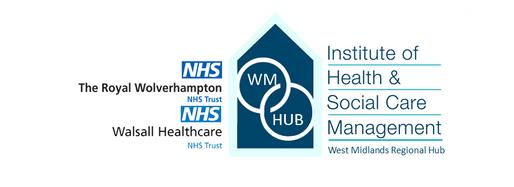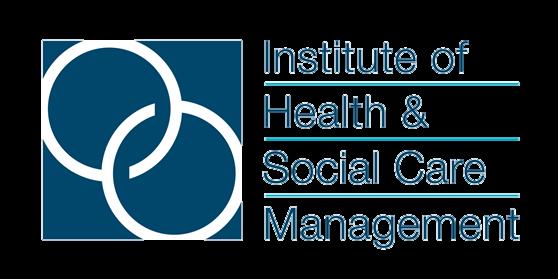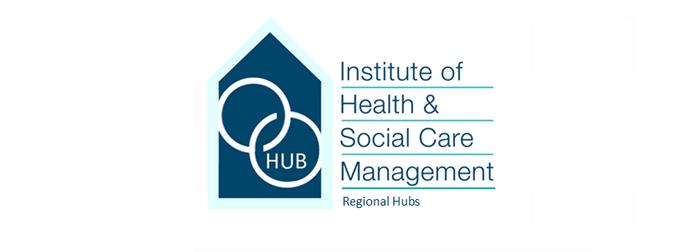
7 minute read
West Midlands - Staff Satisfaction Surveys - Friend or Foe
Staff satisfaction surveys – friend or foe?
Author: Dr Ros Leslie, Dr Nicky Eddison, Gail Parry
Trust: RWT
Surveys are generally considered an effective tool to understand the concerns of employees1, especially during the recent challenging times. Conducting employee surveys gives staff an opportunity to share their feelings and highlight problems that might otherwise remain hidden. When done correctly, surveys can provide critical data that can be used to influence organisational culture, by making positive changes based on survey feedback. Staff, in turn, feel valued and respected2. Positive staff engagement has been linked to reduced staff turnover, lower sickness absence and improved patient experience. The National Health Service (NHS) is the United Kingdom’s largest employer and is dependent on an engaged, properly resourced workforce to cope with ever rising demand. The NHS staff survey provides a national and local picture of how our NHS people experience their working lives, gives staff a voice, and provides the data organisations need to improve employee engagement and experience, and ultimately improve patient care2. It is one of the largest workforce surveys in the world and has been running every year since 2003.


July 2022


Approximately 600,000 of our 1,370,991 NHS people take part in the NHS staff survey. And, being an official national statistic, the survey data is considered to meet the highest standards of trustworthiness, quality, and value. NHS England (now NHS England and NHS Improvement) took ownership of the NHS staff survey from the Department of Health in April 2013. The survey has undergone a significant refresh, and now the 2021 results are reported against the seven ‘People Promise’ elements and two themes (Staff engagement and Morale)4. The People Promise sets out what is important in the working lives of our NHS people, such as health and wellbeing, flexible working, and feeling we all belong, whatever our background or job role. The survey results are used by individual organisations and at a system, regional and national level and will be used to see what progress has been made on the People Promise. Although the highest response rate since 2018, only 38 per cent of staff at the Royal Wolverhampton NHS Trust (RWT) completed the 2021 NHS staff survey.


May 2022


The reasons staff choose not to complete surveys are multi-factorial and include not having a strong opinion either positive or negative, believing they don’t have anything that needs to be heard, and concerns about confidentiality. We need to change the narrative around completing staff surveys and communicating opinions, concerns, and compliments in general. Surveys are not the enemy. For the organisation to grow, learn and improve we must enable staff and service users to communicate their feelings. The NHS staff survey is an important medium to collect data on how staff feel.


July 2022

The results of the 2021 NHS survey undertaken by staff at RWT demonstrate improvements in many areas, however, they also highlighted concerns around bullying and harassment being higher than the national average. This is something the Trust is taking extremely seriously and addressing through various workstreams including the Equality, Diversity and Inclusion delivery plan (incorporating the Race Code action plan), the ‘Zero Tolerance’ to racism campaign, the Civility and Respect programme and ‘Freedom to Speak up Guardian’ processes. The Civility and Respect programme will provide an opportunity to hear from staff about ways in which they are being civil and respectful and how they can start to build this into their cultures and practice within their teams.


July 2022


The Trust will share several tools including a bite-sized introductory workshop, alongside several videos and materials focusing on civility and respect. It is hoped the campaign will help to reduce the number of staff experiencing bullying and harassment and instances of discrimination and improve overall morale and motivation. RWT has a Staff Survey Oversight Group (SSOG), which meets monthly and has been established to support discussion around staff survey results. It provides an opportunity to share experience and good practice across divisions and directorates and ultimately to ensure that relevant actions are being taken. It is unlikely, however, that once-a-year engagement surveys are sufficient to explore the morale in the workplace year-round and therefore, continual assessment is needed6. RWT recognises the importance of providing other channels of communication, to enable staff to share their views and concerns. The organisation has recently introduced ‘meet the execs’ sessions which enable all staff to have access to the Trust’s executive board, providing an opportunity to ask questions and learn more about the executive team. The Chief Nurse has recently started ‘Tea with Ann-Marie’, informal drop-in-sessions giving staff the opportunity to raise concerns directly to the Chief Nurse. The Chief AHP is also planning to launch a similar initiative in the near future.


July 2022

RWT has made a commitment to improving staff experience as a key element of improving care, therefore staff engagement will be a continuing focus rather than a short-term goal. This forms part of a wider culture change which will need to be embedded within the organisation. Key factors to ensure success include7: ·High-profile and sustained support from the board and senior leaders ·Support for line managers to foster engagement ·Visible senior leadership support for staff engagement ·Two-way communication ·Working with equality networks to get views from a range of staff ·Use of surveys, online forums, and face-to-face staff engagement sessions ·Recognition of staff achievements ·Using data from a range of sources to inform action ·Working in partnership with staff side councils and trade unions




July 2022



It is essential for staff engagement to start with the individual; therefore, staff need to feel engaged within their team. Approaches from the most improved organisations included team development programmes to support individuals to work more effectively and line managers to lead in an engaging way. At RWT staff engagement sits within the scope of the Organisation Development Lead, including overseeing the national and quarterly surveys.


July 2022

The surveys are seen as an ongoing continuous plan, and rather than trying to do new action plans every year, managers are being asked to review goals and objectives from previous action plans and assess if improvement has been made, with the aim of making the improvements that count. They are being advised to CONTINUE to do the things that are making a real difference and seeing positive changes and to STOP doing the things that are not working.Also, START something that they have not done before, that way, managers will be making plans with their team. Hopefully, staff will then begin to see the outcomes from the survey and will feel involved in making local plans and sharing team goals.



Dr Ros Leslie is the NonMedical Research Lead and Chief AHP
Dr Nicky Eddison is an Associate Professor and AHP Research Lead.
Gail Parry is the Organisation Development Lead
July 2022











